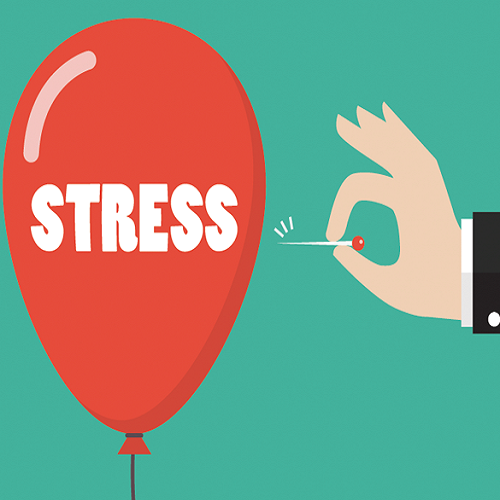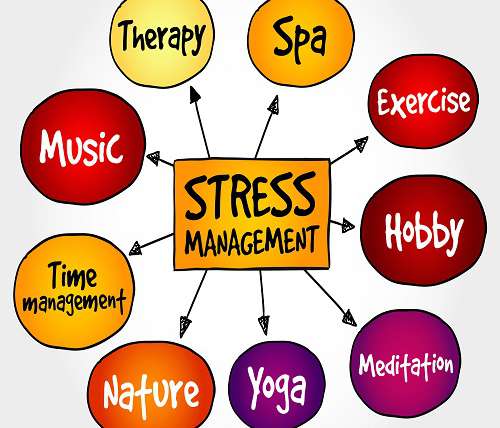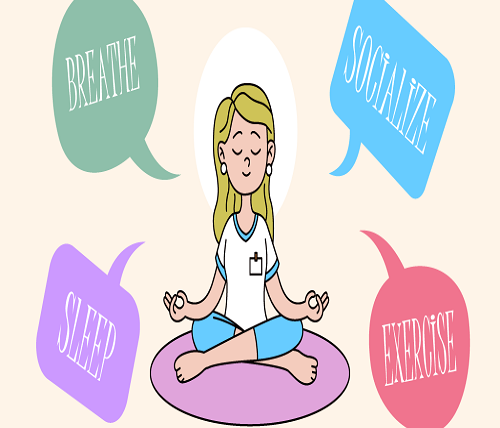How to Manage Your Everyday Stress – Part Two
Overview
My name is Kishore Chandiramani and I work as a psychiatrist in Staffordshire, England.
Today we are going to discuss how to manage your everyday stress Part Two.
In the last session we talked about how to look at and adjust our life goals so that we can bring down the demands placed on us.
Today we are going to discuss how we can increase our coping abilities. Before we have an in-depth discussion about our coping abilities, I would like to point out that a reasonable level of coping ability is given to all of us. Learning coping skills or abilities is not like learning a foreign language which you have to learn from scratch.
It is a natural ability given to all of us when a lion roars or a horse gallops in the field or when an eagle soars above the clouds in the sky they haven’t done any self-esteem classes anywhere. They haven’t studied self-confidence from any book or goal, nature has given it all to them and they just use it. The same principle applies to human beings as well.
We are given adequate abilities to deal with any situation but because of our own thinking and judgements that we make about ourselves, about our predicaments in life; about what is normal and what is not and about others’ reactions which stop us from utilising our abilities to the maximum. From that point of view our coping abilities will be at their best when our mind is in an equanimous state.
Equanimous means your mind is on an even keel neither too excited nor too frustrated or depressed. It’s an emotionally neutral zone; unfortunately this is something that we don’t like. When nothing much is happening we are not happy with that. We are always seeking pleasure, happiness and when in a pleasant state the ability of the mind is compromised.
The mind is at its best only when it is in its emotionally neutral state which we can describe as equanimity or equanimous. From the perspective of stress management, I say to you that equanimity is the tool, equanimity is the path and equanimity is the goal.
I have discussed this concept elsewhere in more detail as to how equanimity can be therapeutic and how equanimity should be the goal of any therapy.
There are a number of different techniques that can be employed to remain equanimous such as the principle of impermanence, non-identification, breath awareness etc. and being non-judgemental all these are topics in themselves and I have discussed them elsewhere.
© Kishore Chandiramani, Consultant Psychiatrist
Emotions Clinic, Education and Training Centre Cic, Staffordshire, England
www.undoyourstress.com
Image courtesy: https://www.on-demandelearning.com/product/stress-management-course/





